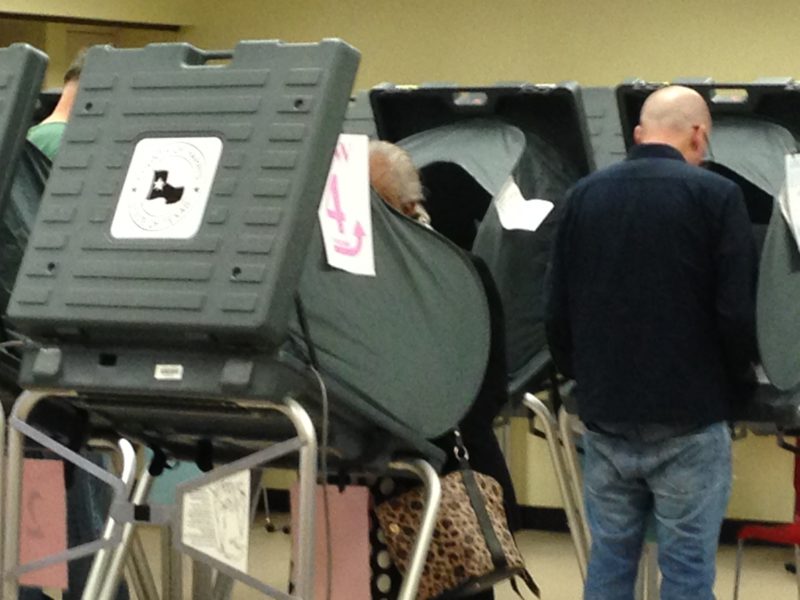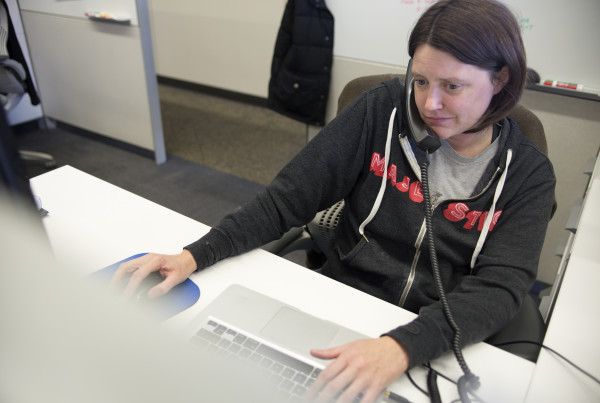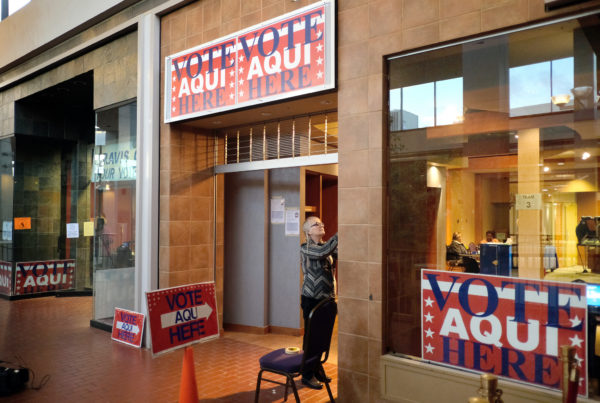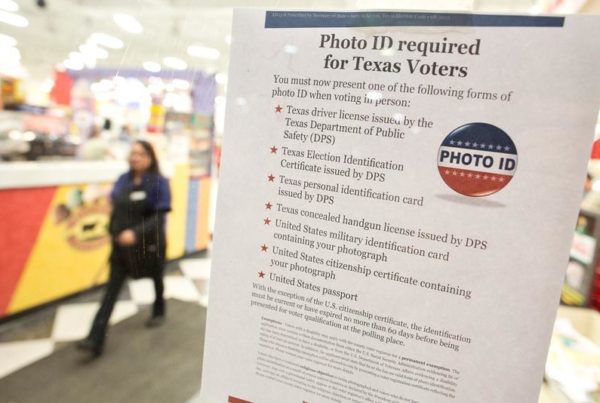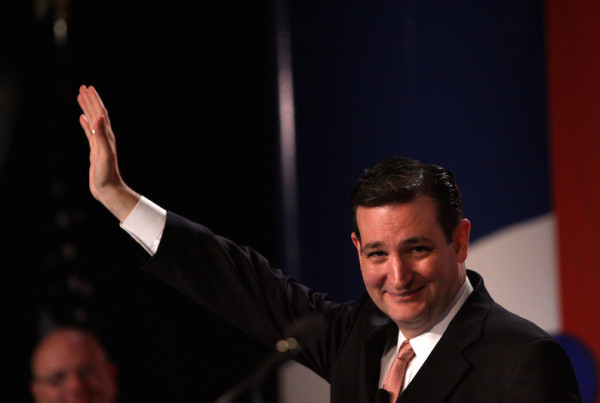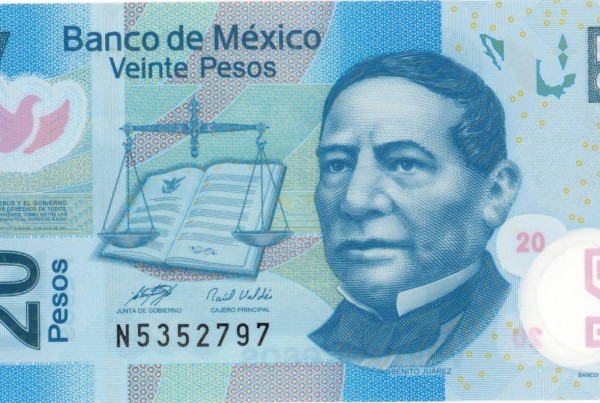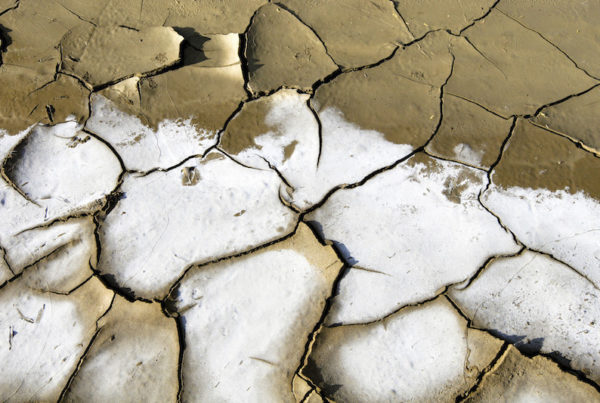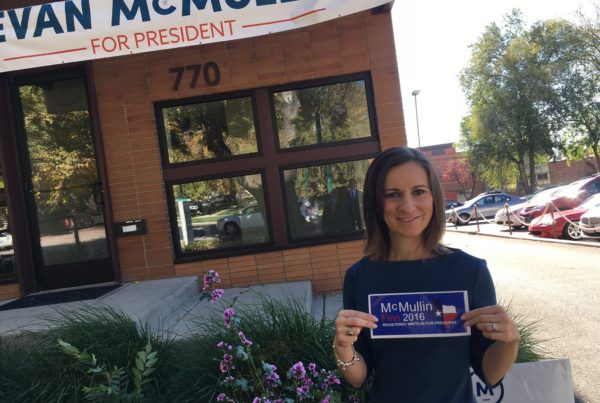Donald Trump has repeatedly claimed that the presidential election is being rigged against him. He’s even called on supporters to monitor the polls to prevent voter fraud. Texas is one of many states that allow people to serve as poll watchers. But there are strict rules on who can serve and what they can and can’t do.
To start with, people can only serve as poll watchers in the county where they’re eligible to vote. Someone from Fort Bend or Montgomery County, for example, can’t monitor a precinct in Houston’s East End. They also have to be appointed, either by a candidate or party on the ballot or by a specific-purpose political committee. That’s a group that has registered with the state to support or oppose a candidate or measure on the ballot.
“If you are going to work as a poll watcher, you have to be designated by one of those three entities,” says Hector de Leon, a spokesman for the Harris County Clerk’s Office. “You can’t just walk in and say, ‘I’m here to observe.’ You can’t. Doesn’t matter who you are.”
Only two poll watchers representing any one person or group can serve at a given location. “They are able to observe the process of voting taking place or as officials are counting ballots,” says Brandon Rottinghaus, a professor of political science at the University of Houston. “They can also observe the inspection of election machines, voting machines before and after the process. They cannot talk to voters or election officials unless they see something irregular, and then they can report that to an election officer.”
Alma Lee Guttshall worked as a judge in five elections. Twice, she had poll watchers from True the Vote, a conservative organization aimed at fighting voter fraud, visit her largely minority precinct in Southwest Houston.
“I had my voters complain about the poll watchers standing too close while they were at the machines voting, that they had felt intimidated,” she says.
One of Guttshall’s voters called the Harris County Clerk’s Office to complain. The office then called her directly to ask if she needed assistance. “By that time, I had gotten the poll watchers under control, explaining to them the rules and where we would put them if they didn’t follow the rules, and they backed off quite a bit.”
A presiding election judge exercises the same authority at her polling station as a district judge. If she decides someone is interfering with the election, she can order them removed or even arrested.


